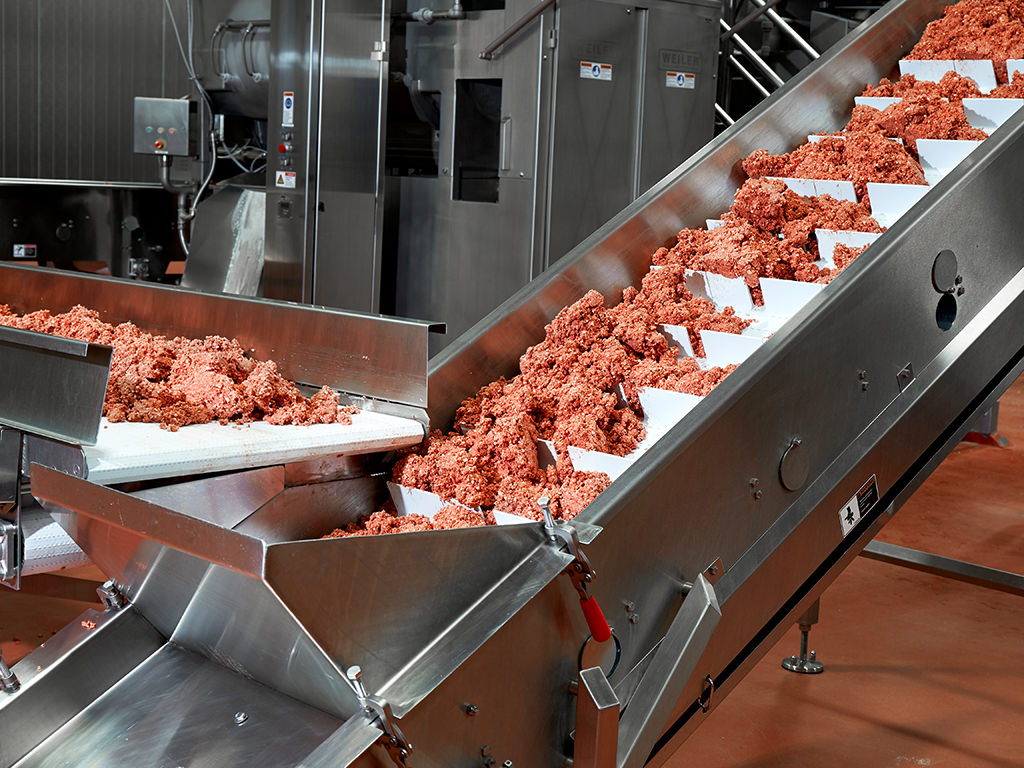3 Mins Read
In a newly released forecast by the United Nations backed independent organisation Principles for Responsible Investment (PRI), analysts warned investors to expect a global dietary shift toward a plant-based system amid our climate crisis. The report outlines that certain climate change mitigation policies, which include a drastic reduction in meat consumption among others, will inevitably be implemented in the coming years. Experts argue that investors ought to take into account these changes and assess the environmental and social impact of their investments in order to cope with the necessary changes that fighting the climate emergency will bring.
The report by the PRI, titled the Inevitable Policy Response, overviews a number of policies that will inevitably have to be put in place in the near future to mitigate climate change. These policies have not yet been priced into markets, and the organisation hopes to give investors a heads-up on the inevitable changes that are forecasted for different sectors. One of their key warnings is that deep and rapid changes will occur in the agricultural sector to adequately transition into a low carbon economy. More specifically, ruminant meat consumption will inevitably decrease in favour of poultry and lab-grown sources and plant-based alternatives.
“With production, processing and retail of food accounting for 15-30% of all greenhouse gas emissions in high-income countries, significant shifts in food consumption patterns will be required as a part of the low carbon transition,” the PRI stated.
While change is currently not as apparent in the animal agriculture industry than in other sectors, the PRI highlights that the development of “clean meat” technologies and plant-based innovations give hope that these necessary dietary shifts will occur in the coming years. According to the report, due to inevitable development of lab-grown cultivated meats as well as plant-based alternatives, the share of ruminant meat consumption is expected to gradually decrease to reach 75% of baseline levels by 2050. Analysts therefore point out that these sectors are significant investment opportunities created by the climate crisis.
Deep and rapid changes are already underway in other global industries, outlined the PRI. These include the energy system, which is moving away from fossil fuels towards more sustainable alternatives and renewable sources, and major changes in land use. In particular, analysts calculate that transport will be predominantly electrified within the next 20 years.
Despite these inevitable policy changes, the organisation warns against complacency in the fight against climate change and argues that more mitigation measures must be initiated. Sagarika Chatterjee, the director of climate change at the PRI pointed out that while inevitable policies will give way to a 60% reduction in carbon emissions by 2050, it remains insufficient to “hit the 1.5 degrees celsius target that’s needed”.
In addition to rapid dietary change away from animal products, Chatterjee recommends carbon neutral building codes, an immediate end to all fossil fuel subsidies, significant state-sponsored research into low-emissions aviation technology among other “last resort solutions” such as increasing ocean alkalinity and geo-engineering.
This is not the first report predicting major changes to the current food system prompted by the climate emergency. In September 2019, analysts from independent think tank RethinkX stated that the beef and dairy industries are in a “death spiral” and will collapse by 2030, thanks to new food technologies, including cell-based meat and plant-based analogs, that are rapidly innovating to replace the currently carbon and resource-intensive traditional livestock agriculture. Another report by global consultancy AT Kearney estimates that within 20 years, 60% of meat consumption in the future would not be produced by traditional livestock farming measures.
Lead image courtesy of Impossible Foods.




